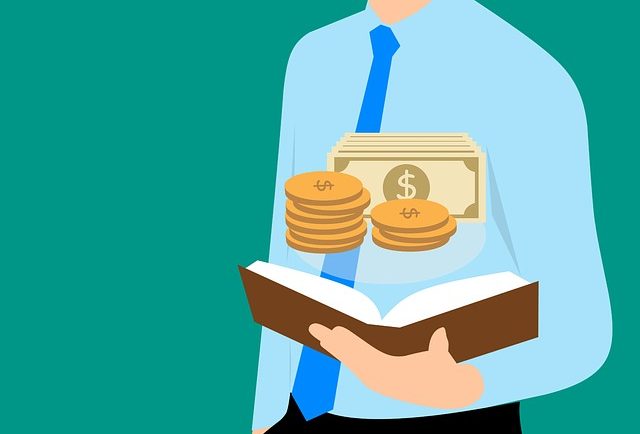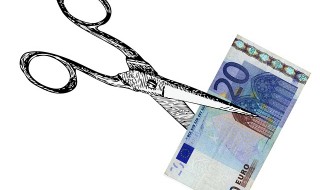
As happiness guru Gretchen Rubin wrote, “What you do every day matters more than what you do once in a while.” This couldn’t be truer when it comes to money. Unless you win the lottery, wealth building is something you accomplish little by little. You work for your money, but are you putting in the effort to ensure it is working for you? Here are some habits to adopt to set you on your way to going from feeling powerless to powerful, and enjoying financial freedom.
Keep an Eye on Your Money
The first step toward financial responsibility is knowing where your money goes. This is easier today than ever before, with online banking and personal finance apps that link to your accounts. Many of them will automatically assign categories to your spending. You’ll want to log in once a week or so to make sure everything ended up in the correct category and to check for fraudulent purchases. You can also set up an alert to notify when there’s a payment that exceeds a given dollar amount, or when your balance drops below a certain level.
Follow a Budget
Once you’ve identified your spending patterns, you can use your personal finance app to create a budget. A good place to start is the 50/30/20 rule. If you’re living paycheck to paycheck, you should try to stick to your budget as closely as possible. If you’ve got a little more breathing room, you don’t have to be quite as strict, but you should pay enough attention to know how close you are to the limits you’ve set for yourself.
Pay Bills on Time
No doubt you have a lot of demands on your time. It’s easy to overlook paying a bill, but when you do, it’s like going to work every day and telling your boss to keep the paycheck. Late fees are a waste of money, period. Make a habit of paying your bills on time.
Better yet, join the 21st century and set up your bill payments to be automatically deducted from your checking account. If you’re a longtime customer with an impeccable payment history and you do make a goof, chances are good that you will be successful in having the occasional late fee reversed. You earned that money, so keep it in your pocket!
Pay Your Credit Card Bill in Full
Repeat the following to yourself: Credit cards are for emergencies. Once you’ve gotten used to sticking to a budget, it’s fine to use credit cards for everyday expenses as long as you have the money in your checking account to pay the bill in full each month. If you don’t have the personal discipline to follow this rule, switch to a debit card.
The interest rate on credit card balances will eat up your money faster than almost anything else, so do everything you can to avoid it. Once you’ve paid off any balance, your top priority should be to establish a 3 to 6-month emergency fund. Keep in mind that a financial emergency is something that threatens your ability to live and work. A burning desire for a vacation or a big-screen TV doesn’t count.
Put Money Towards Savings
Nobody wants to save money they could be having fun spending. To avoid succumbing to temptation, keep the portion of your monthly income you plan to save from ever hitting your checking account. Talk to your employer about having part of your paycheck directly deposited into a savings account. If you’re having trouble finding money in your paycheck to put towards savings, do the best you can. The next time you get a raise, have it diverted into savings so you never see it. Pain-free savings!
Research Your Purchases
Doing your homework before buying something accomplishes three things. First, you’re more likely to buy a product that meets your exact needs rather than spending money on features you’ll never use. Second, buying quality means the product will last longer and you’ll spend less on repairs or replacement. Third, taking the time to research a potential purchase builds in a “cooling off” period that reduces the likelihood you’ll buy on impulse. You may decide you don’t need that widget after all.
Review yearly
If you own a stock portfolio, you should rebalance your asset allocation once a year. If you’re not there yet, that’s okay. Sit down once a year to reflect on how your journey to financial freedom is progressing. Are you on target to meet your goals? If not, what needs to be changed? If you’re close to meeting your goal, decide what you’d like the next one to be. Make financial responsibility a habit and you’ll have less stress in the long run.




